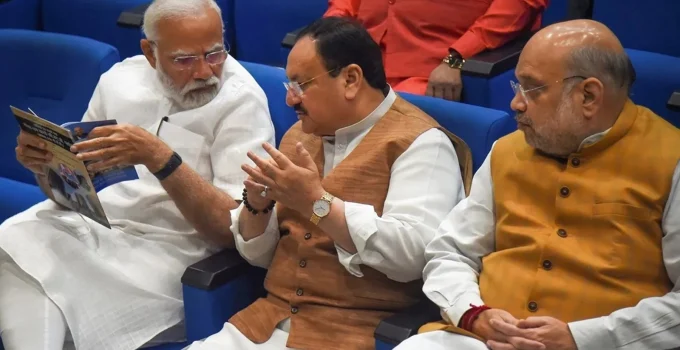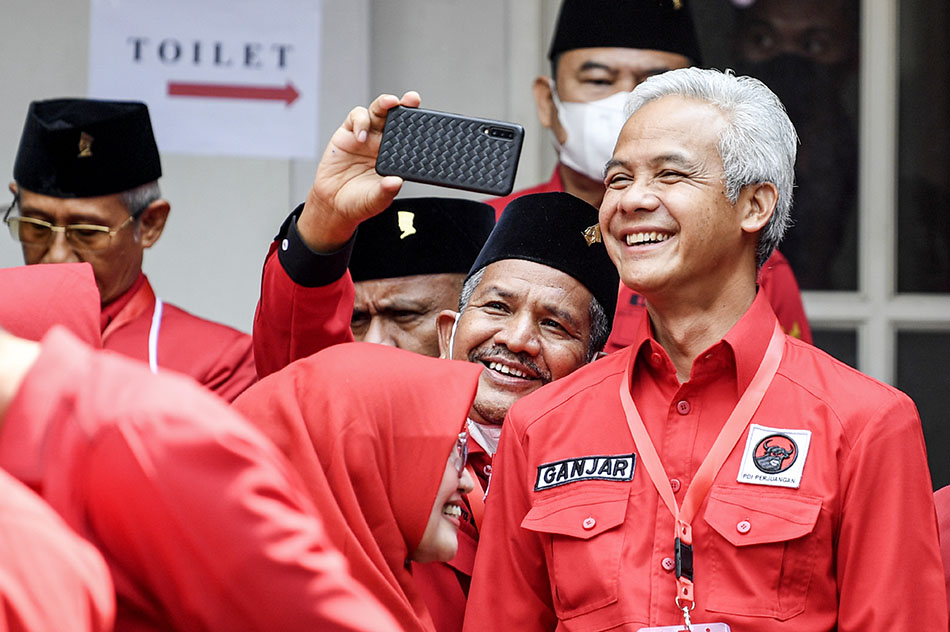Contents
- 1 Overview of the LS (Lok Sabha) polls in India
- 2 Importance of CAA rules before LS polls
- 3 Key provisions and controversies surrounding CAA
- 4 Impact of CAA on political parties and their campaigns
- 5 Public sentiments and protests against CAA
- 6 CAA rules and its potential influence on LS poll outcomes
- 7 Role of Amit Shah (Union Home Minister) in implementing CAA rules
- 8 Criticisms and support for CAA rules from various political parties
- 9 Conclusion on the significance of CAA rules before LS polls
- 10 Author
Overview of the LS (Lok Sabha) polls in India
The Lok Sabha (LS) polls in India hold immense significance as they determine the composition of the lower house of Parliament. These elections, held every five years, are a platform for political parties to pitch their ideologies, policies, and leaders to the Indian electorate. As the country gears up for the upcoming LS polls, Union Home Minister Amit Shah has stressed the importance of adhering to the rules of the Citizenship Amendment Act (CAA).

Importance of CAA rules before LS polls
Shah’s emphasis on the situstoto CAA rules before the LS polls is rooted in the need for a fair and transparent electoral process. The CAA, enacted in December 2019, aims to provide Indian citizenship to persecuted minorities from neighboring countries. However, concerns have been raised regarding the implementation and interpretation of the law. By urging political parties to understand and effectively implement the CAA legislation, Shah aims to ensure that the electoral process remains aligned with the objectives of the law.
Key provisions and controversies surrounding CAA
The CAA provides a pathway to citizenship for Hindu, Sikh, Buddhist, Jain, Parsi, and Christian immigrants from Pakistan, Afghanistan, and Bangladesh who arrived in India before December 31, 2014. The law has faced criticism for excluding Muslims and for potentially violating the secular principles of the Indian Constitution. Protests erupted across the country, with many arguing that the law discriminates against Muslims and undermines the country’s secular fabric. The controversies surrounding the CAA have sparked a nationwide debate and have become a key issue in the LS polls.
Impact of CAA on political parties and their campaigns
The implementation of the CAA during the LS polls has significant implications for political parties. Parties need to navigate the complexities of the law while formulating their election strategies and campaigns. They must address the concerns and aspirations of various communities affected by the CAA, as well as respond to the sentiments expressed by protesters. The CAA has become a polarizing issue, and political parties need to carefully craft their messaging to appeal to their voter base while also addressing the concerns of those who oppose the law.
Public sentiments and protests against CAA
Since the enactment of the CAA, public sentiments have been divided. While some sections of the population support the law as a means to provide refuge to persecuted minorities, others argue that it is discriminatory and violates the principles of equality and secularism. Protests have erupted across the country, with citizens expressing their dissent against the CAA. These protests have drawn attention to the need for a comprehensive dialogue on the law and its potential impact on Indian society.
CAA rules and its potential influence on LS poll outcomes
The CAA rules have the potential to influence the outcomes of the LS polls. Parties that effectively address the concerns of different communities affected by the law may gain support from those who perceive the CAA as a necessary step towards protecting persecuted minorities. On the other hand, parties that are unable to assuage the fears and anxieties of those who oppose the law may face challenges in securing votes. The CAA has become a critical factor in the electoral landscape, and its impact on the LS poll results cannot be underestimated.
Role of Amit Shah (Union Home Minister) in implementing CAA rules
As the Union Home Minister, Amit Shah plays a crucial role in implementing the CAA rules. He has been actively involved in communicating the objectives and provisions of the law to the public and political parties. Shah’s statement emphasizing the importance of adhering to the CAA rules before the LS polls reflects his commitment to ensuring a fair and transparent electoral process. His role in coordinating with various stakeholders and addressing any challenges in the implementation of the law is instrumental in upholding the integrity of the CAA during the election process.

Criticisms and support for CAA rules from various political parties
The CAA has been met with both criticism and support from various political parties. Opposition parties have raised concerns about the exclusion of Muslims and the potential violation of secular principles. They argue that the law is discriminatory and undermines the inclusive nature of Indian society. On the other hand, the ruling party and its allies have defended the CAA as a necessary step towards protecting persecuted minorities. They assert that the law does not affect the rights of Indian citizens and is in line with the country’s historical responsibility towards refugees. The diverse opinions held by political parties further highlight the importance of understanding and effectively implementing the CAA rules before the LS polls.
Conclusion on the significance of CAA rules before LS polls
The Citizenship Amendment Act (CAA) has become a significant factor in the upcoming Lok Sabha (LS) polls in India. Union Home Minister Amit Shah’s emphasis on adhering to the CAA rules underscores the need for a fair and transparent electoral process. The controversies surrounding the CAA, public sentiments, and protests have shaped the political landscape, making it imperative for political parties to address the concerns and aspirations of various communities affected by the law.
The implementation of the CAA during the LS polls has the potential to influence electoral outcomes, and it is crucial for candidates and parties to fully comprehend the provisions of the law. By understanding and effectively implementing the CAA rules, political parties can contribute to a fair and transparent electoral process while upholding the integrity of the law.
If you found this exploration insightful and wish to delve into more cultural and timely topics, we invite you to consider reading our article about the Lunar New Year. Discover the traditions, significance, and global impact of this vibrant celebration in our detailed analysis.




